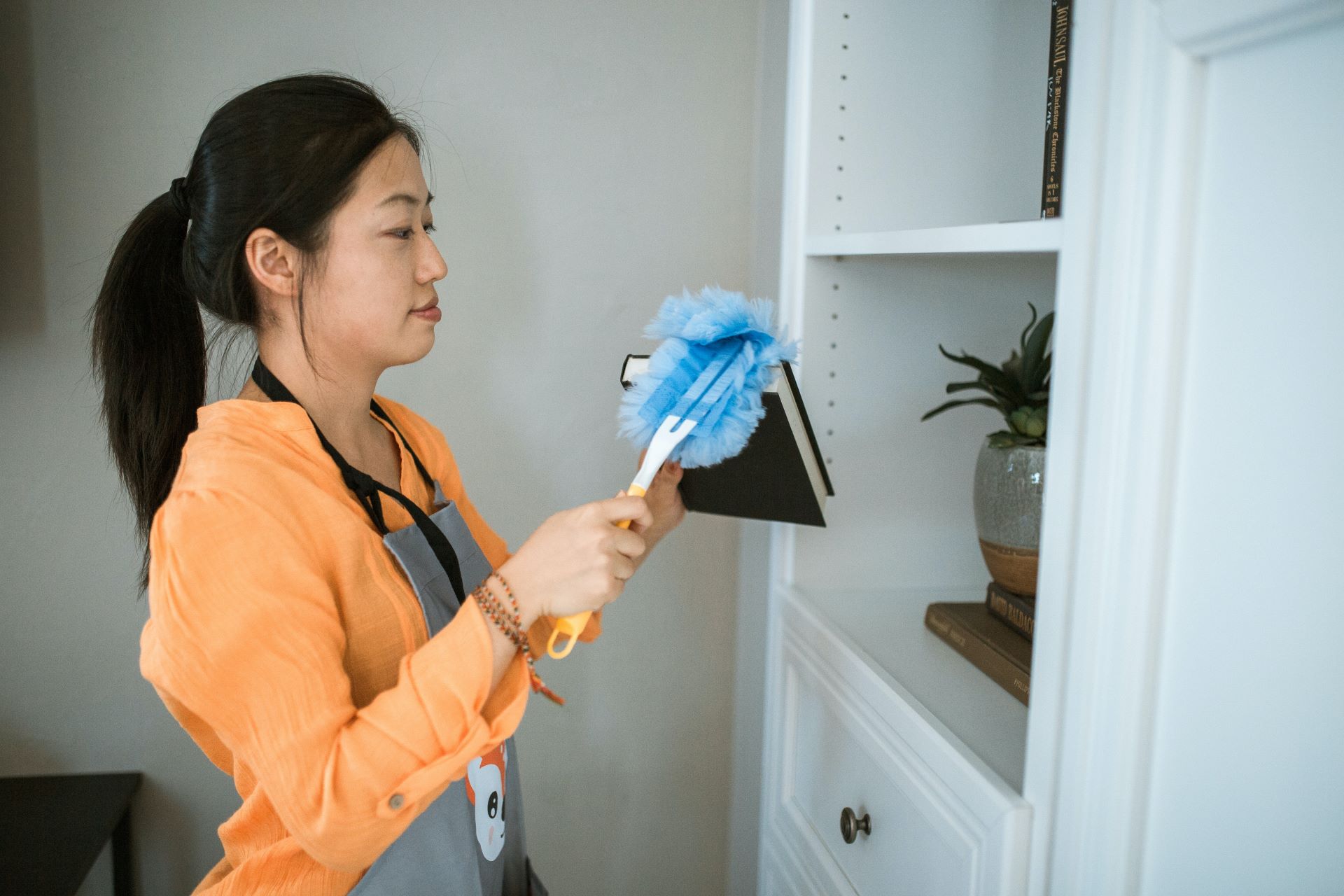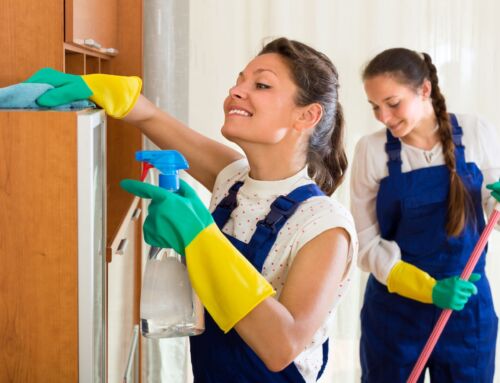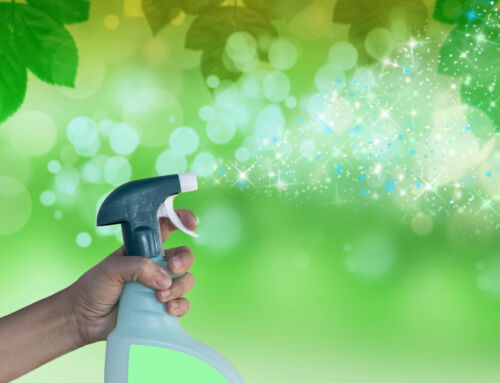
How to Reduce Dust and Allergens in Your Silver Spring Home This Summer
For many homeowners in Silver Spring, summer brings a welcome burst of warmth and outdoor activities. However, it also introduces a surge in humidity, pollen, and dust, which can exacerbate allergy symptoms and reduce indoor air quality. Maintaining a clean, allergen-free home is essential for minimizing sneezing, itchy eyes, and respiratory discomfort. In this guide, we’ll explore practical steps to reduce dust and allergens in your Silver Spring home, ensuring a healthier, more comfortable living space.
The Impact of Dust and Allergens on Indoor Air Quality
Dust and allergens are common irritants that can quickly accumulate in homes, triggering allergies and respiratory issues. These tiny particles can consist of pollen, pet dander, dust mites, mold spores, and even insect droppings. When these allergens build up, they can significantly affect indoor air quality, leading to persistent sneezing, coughing, and breathing difficulties. Reducing their presence in your home is crucial, especially during Maryland’s humid summer months.
Common Sources of Indoor Allergens
- Pet Dander: Tiny skin flakes and hair shed by cats, dogs, and other furry pets.
- Pollen: Carried indoors on clothing, shoes, and pets.
- Dust Mites: Microscopic insects that thrive in warm, humid environments.
- Mold Spores: Fungi that grow in damp, poorly ventilated areas.
- Household Dust: A mixture of dead skin cells, fabric fibers, and outdoor particles.
Effective Dust and Allergen Control Strategies
To effectively reduce dust and allergens in your home, consider the following strategies:
1. Schedule Regular Air Duct Cleaning
Air ducts play a critical role in circulating air throughout your home. Over time, they can accumulate dust, pollen, pet dander, and mold spores, continuously redistributing these allergens into your living spaces. Professional air duct cleaning can remove these contaminants, improving your indoor air quality and reducing allergy symptoms.
Benefits of Air Duct Cleaning:
- Removes accumulated dust and allergens.
- Improves HVAC efficiency.
- Reduces respiratory irritation.
2. Deep Clean Carpets and Rugs
Carpets and rugs can trap dust, pollen, and pet dander, making them major contributors to indoor allergens. Regular vacuuming helps, but deep cleaning is essential for removing embedded particles. Consider hiring professional carpet cleaning services in Silver Spring to ensure a thorough, deep clean that effectively removes allergens and restores your flooring.
Tips for Carpet Maintenance:
- Use a vacuum with a HEPA filter to trap fine particles.
- Opt for regular steam cleaning to kill dust mites.
- Consider replacing old carpets with hypoallergenic flooring options.
3. Use Hypoallergenic Cleaning Products
Many conventional cleaning products contain harsh chemicals that can worsen allergy symptoms. Switching to hypoallergenic, eco-friendly cleaning products can reduce chemical exposure and improve air quality.
Benefits of Hypoallergenic Cleaners:
- Free from harsh chemicals and artificial fragrances.
- Safe for allergy-prone individuals and pets.
- Environmentally friendly and biodegradable.
4. Control Humidity Levels
High humidity levels can encourage dust mites and mold growth. Use a dehumidifier to maintain indoor humidity between 30% and 50%, which can significantly reduce the presence of these allergens.
Humidity Control Tips:
- Use exhaust fans in bathrooms and kitchens.
- Fix leaks and reduce standing water.
- Consider installing a whole-home dehumidifier.
5. Wash Bedding and Linens Frequently
Dust mites thrive in warm, humid environments, particularly in bedding and upholstered furniture. Regularly washing sheets, pillowcases, and blankets in hot water can eliminate dust mites and reduce allergen buildup.
Best Practices for Allergen-Free Bedding:
- Use allergen-proof mattress and pillow covers.
- Wash linens in water at least 130°F (54°C).
- Replace old pillows every one to two years.
6. Clean and Replace HVAC Filters
HVAC filters trap airborne particles, but they can become clogged over time, reducing their effectiveness. Replace or clean your filters regularly to ensure your HVAC system is effectively removing allergens from your indoor air.
Filter Maintenance Tips:
- Use HEPA or high-efficiency filters.
- Replace filters every 1-3 months, depending on use.
- Schedule regular HVAC maintenance checks.
7. Embrace Regular Dusting
Regular dusting with microfiber cloths or electrostatic dusters can capture fine particles without simply redistributing them into the air.
Dusting Tips:
- Dust from top to bottom to prevent resettling.
- Focus on high-touch areas like light fixtures, baseboards, and electronics.
- Use damp cloths to trap particles more effectively.
Conclusion
Maintaining a dust-free, allergen-free home in Silver Spring during the summer is essential for a healthier living environment. By adopting these proactive cleaning strategies, you can significantly reduce indoor allergens, improve air quality, and create a more comfortable home for you and your family. For the best results, consider partnering with a professional cleaning service that specializes in allergen removal and indoor air quality improvement.
Share this article
Follow us
A quick overview of the topics covered in this article.









